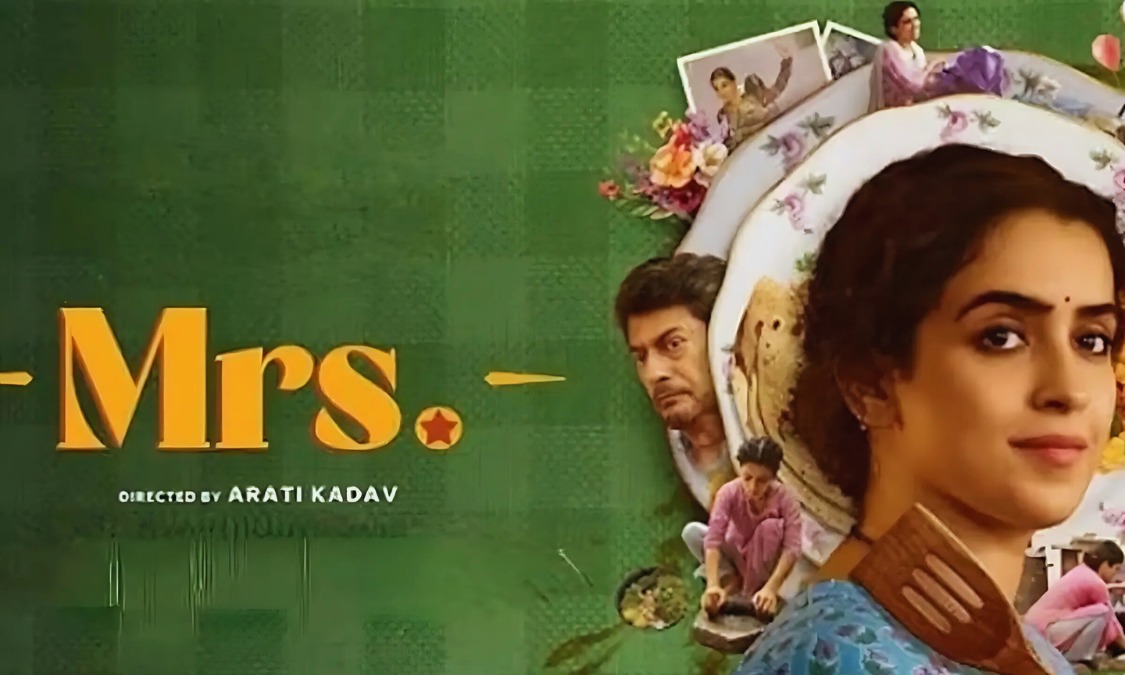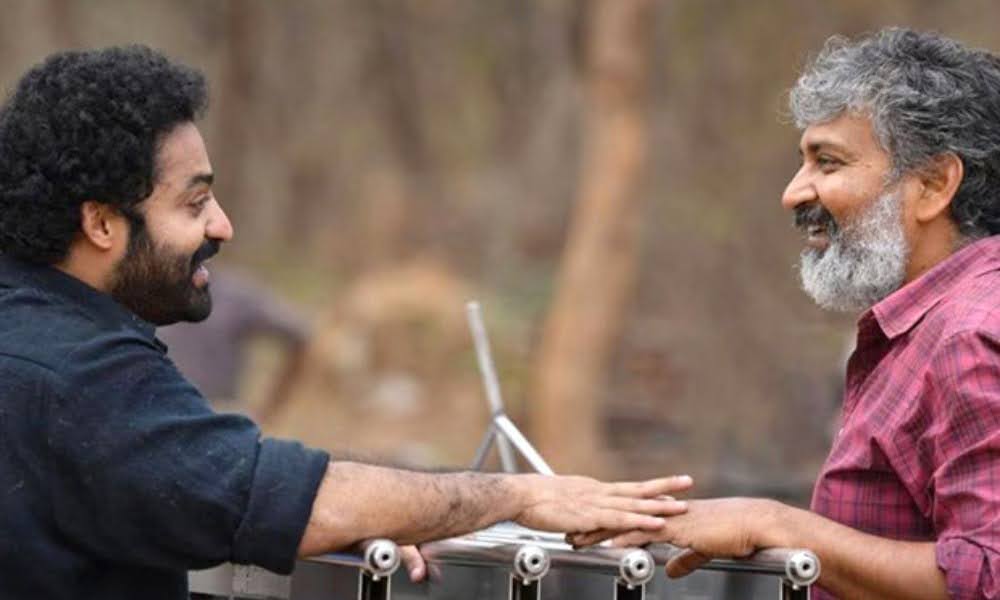Mrs Movie Review: A Powerful, Must-Watch Tale on Gender Roles and Domestic Expectations

The distance between two opposing statements—one that glorifies the aroma of the kitchen as alluring and another that deems it repulsive—is dictated by, who else, a man.
The man in question has brought his wife into his home, where she is expected to cater to the needs of his parents and himself without complaint. The husband, a doctor running his clinic, constantly laments his overwork while expecting freshly made ‘garam phulkas’ at mealtimes.
The father-in-law demands his slippers be positioned just right, and the mother-in-law grinds chutney manually because a mixer-grinder lacks the required love.
Mrs., a near-faithful Hindi remake of The Great Indian Kitchen, highlights the plight of a woman referred to as ‘Mrs.’, a title meant to signify the perfect, subservient wife.
For Richa (Sanya Malhotra), dance is more than a hobby—it is a crucial means of self-expression.
However, her ambition is met with both passive and active resistance, not only from her husband Diwakar (Nishant Dahiya) but also from her father-in-law (Kanwaljit Singh), who wields his approval as a weapon.
When Richa serves a dish she has painstakingly prepared, she asks, “Yeh kaisa bana hai?” The responses are either cold silence or a half-hearted “theek bana hai”, as if even faint praise is too generous.
The kitchen sink clogs repeatedly, the pipe leaks, and her requests for a plumber go ignored—symbolizing the widening cracks in her marriage.
The societal pressure is further reinforced by an aunt (Loveleen Mishra) who enforces the rigid rules of Karva Chauth and a visiting uncle (Varun Badola) who constantly demands shikanji.
Comparisons with the Original
In the Malayalam original, Nimisha Sajayan’s visceral disgust at the smell of her own hands before being subjected to her husband’s nightly expectations resonates more profoundly.
Jeo Baby’s film does not shy away from the grotesque details of domestic servitude, from the filth in the kitchen sink to the gnawed bones left on the dining table. In contrast, Mrs. presents a more sanitized version of the chaos, dampening some of its impact.
Certain dialogues in Mrs. feel somewhat didactic, as though they exist solely to make a point.
Richa’s line to a young girl—“A woman is like an undivided prime number, and that’s her secret power”—is a striking metaphor, but its delivery feels somewhat artificial, detracting from the film’s naturalistic tone.
The ostracization of menstruating women, a crucial theme in the original, is also watered down in the Hindi remake.
The discussion around women being barred from the Sabarimala temple, an overt critique of religious patriarchy, is omitted entirely.
Instead, the Hindi adaptation presents menstruation as a period of rest rather than an outright exclusion from home and hearth, likely due to the contentious nature of religious commentary in contemporary Hindi cinema.
Strengths of the Hindi Adaptation
Despite its softened approach, Mrs. retains enough merit, particularly for audiences unfamiliar with the original.
The film effectively conveys its message, supported by strong performances, making it essential viewing for married couples. Women are not merely primary or secondary numbers—they are the ones who complete the equation of life.
Home, in this film, becomes a site of silent suffering for the protagonist. Director Arati Kadav orchestrates her vision with remarkable efficiency, ensuring that Mrs. gets as close to a home run as a remake of a critically acclaimed film can.
A Different Visual Language
Mrs. diverges from The Great Indian Kitchen in its portrayal of domestic spaces. The kitchen in the Hindi film, though smaller, is brighter and airier, making it less oppressive.
However, the plight of the married woman confined to this space remains just as suffocating. The leaking kitchen sink and the ignored plumbing issues serve as metaphors for a disintegrating marriage.
The accumulated dirty water becomes symbolic of the endless domestic drudgery that patriarchy imposes upon women.
Though slightly polished, Kadav’s direction maintains the spirit of the original. The film is both faithful and adaptive, reworking elements to fit a North Indian, urban setting while preserving the essence of its message.
Key Differences and Cultural Shifts
The relocation to North India brings cultural shifts: tapioca, puttu, and black tea are replaced with roti, biryani, and shikanji.
The family in Mrs. owns a nursing home, and the husband, a wealthy gynecologist, appears gentle until his deeply ingrained sexism begins to surface.
Despite his medical profession, his understanding of women is limited to clinical detachment, and his interactions with his wife remain strictly mechanical.
Richa’s struggles are not limited to men; her mother-in-law (Aparna Ghoshal) reinforces traditional expectations, and her own mother (Mrinal Kulkarni) dismisses her concerns with a resigned, “Get used to it.”
Sanya Malhotra’s Impactful Performance
Sanya Malhotra’s portrayal of Richa is a standout aspect of the film. She embodies vulnerability, confusion, alienation, and ultimately, assertion. Her performance anchors the film, making the adaptation resonate even without the raw power of the original.
A Worthy Adaptation
Is a remake necessary when The Great Indian Kitchen is already accessible on streaming platforms? Perhaps not. However, Mrs. manages to carve out a distinct identity.
While it lacks the searing intensity of the original, it remains a compelling story of domestic oppression, offering a nuanced exploration of gender roles within marriage.
With its thematic clarity and a strong central performance, Mrs. is a worthwhile adaptation that retains the essence of its source material while making subtle yet significant changes. It may not be as gut-wrenching as The Great Indian Kitchen, but it still leaves a lasting impact.









